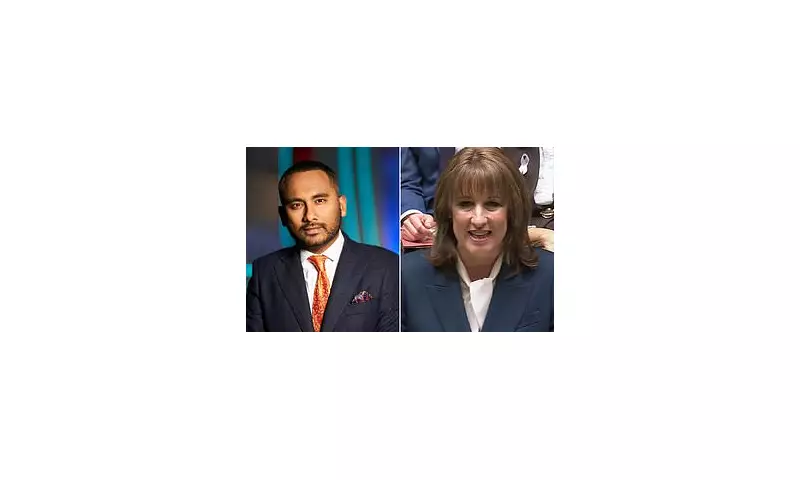
BBC Today programme presenter Amol Rajan has issued a public apology to Radio 4 listeners after facing backlash for using the term 'scroungers' during a discussion about welfare and child poverty.
Clarifying the Controversial Comment
The incident occurred during Mr Rajan's interview with former Labour minister Lord David Blunkett, where they were analysing Chancellor Rachel Reeves's first Budget. While discussing child poverty statistics, Mr Rajan stated: 'According to the Child Poverty Action Group there are over 4 million kids in this country in poverty, more than 70 percent of those are actually in families where people work.'
He continued: 'It's not a question of scroungers on welfare, it's actually working families.' The comment immediately sparked outrage among listeners, who took to social media to express their disappointment.
The On-Air Apology
Returning to the airwaves several minutes later, Mr Rajan offered a detailed clarification and apology. 'I just want to clarify something, a few moments ago in my interview with Lord Blunkett I used the word scroungers,' he told listeners.
He emphasised: 'To be clear I absolutely wasn't describing people on welfare as scroungers myself, I was making the point that in families where kids are in poverty, you can't really characterise such families as scroungers.'
The journalist, who has presented the Today programme since 2021, added: 'Sorry if that was unclear, I'd certainly never myself describe people who take social security or benefits or welfare or whatever you want to call it as scroungers, that's not the kind of language I would use.'
Budget Context and Political Fallout
The controversy emerged against the backdrop of significant welfare policy changes announced in Chancellor Rachel Reeves's Budget. The government confirmed it would scrap the controversial two-child benefit cap, a policy introduced by the Conservatives in 2017 that limited child tax credits and Universal Credit to the first two children in a family.
Ms Reeves described the original policy as one that 'pushes kids into poverty more than any other' and also announced the end of the so-called 'rape clause', which had forced women to prove their child was conceived through non-consensual sex to receive support.
The Office for Budget Responsibility (OBR) estimated that removing the two-child cap would cost £3 billion a year by 2029-30 and would benefit approximately 560,000 families, increasing their benefits by an average of £5,310. The Chancellor stated this measure would lift 450,000 children out of poverty.
However, Tory leader Kemi Badenoch criticised the move as part of a 'Budget for Benefits Street', arguing that workers were being taxed to pay for increased benefits. Her comments prompted heckling from Labour backbenchers during the parliamentary debate.
The Budget announcement itself was somewhat overshadowed by an OBR error that saw its analysis published prematurely. Richard Hughes, OBR chairman, subsequently apologised for the 'deep disruption' caused to the Chancellor's statement and parliamentary proceedings.






